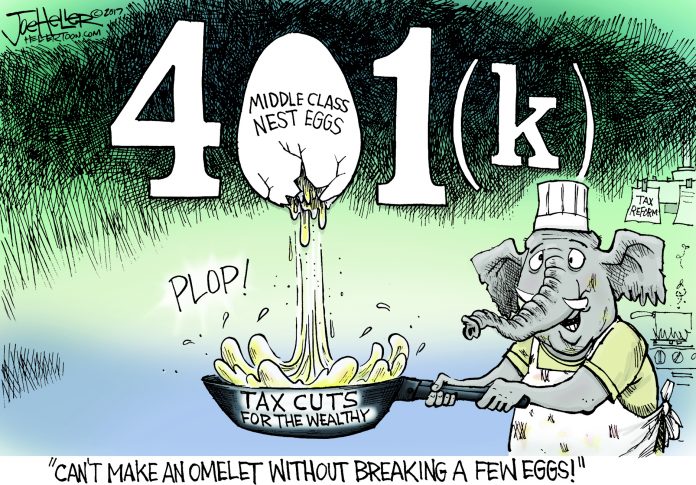California must lead the way in helping our country join the rest of the modern industrialized world in adopting universal health care for all citizens by passing SB 562.
Universal health care results in coverage for everyone—regardless of age, income, or pre-existing health conditions. And, economic analysis demonstrates that expanded coverage can be done for less than the amount we currently pay for premiums, co-pays, deductibles, drugs and hospital costs. Elimination of these costs more than offsets the taxes required for universal health care.
Under the current system, health care is rationed by for-profit insurance companies. Multinational corporations determine the limits of coverage, the amount of out-of-pocket expenses, and they choose which doctors you are allowed to see. When your insurance plan changes—over which you have no control—your doctor changes. The covered treatment also changes.
Under universal health care, treatment decisions are made by patients and their doctors based on best medical practice rather than profitability. The resulting continuity of care ensures better health outcomes.
Can government run a health care system efficiently? Consider that private insurance administrative costs for CEO salaries, shareholder dividends, marketing, etc. are about 18 percent. By comparison, Medicare and Medicaid’s administrative costs are 3–4 percent.
Universal health care is good for business. It eliminates the administrative burden of annually evaluating the complex insurance plans to see which plan companies can afford while providing basic benefits to employees. And by joining the rest of the industrialized world that already has universal health care, this reduction in costs make our companies more competitive in the global economy.
Workers are also winners. Negotiations will no longer have to balance wages vs. health insurance. No longer will pay raises be held back or reduced because of the annual hike in the cost of health insurance benefits.
Single-payer systems are good for doctors. Not only are decisions based on best practice, but eliminated are costly, confusing and burdensome processes of obtaining treatment authorizations and billing which vary among insurance plans.
The rest of the modern industrialized world has long ago discovered the merits of universal healthcare. They know that health care for all citizens decreases costs and results in better health.
Supporters of SB 562 and similar plans understand there will be a transition period on the road to implementation. But it can be done—just like the rest of the world.
Dr. Laura Stampleman is an oncologist with a practice in Monterey County. She is chair of the Aromas chapter of Healthcare for All–California. Wayne Norton is a Long-Term Care Ombudsman and former managing editor of the Free Lance. Stampleman and Norton are members of the steering committee of the Aromas Progressive Action League—APAL










